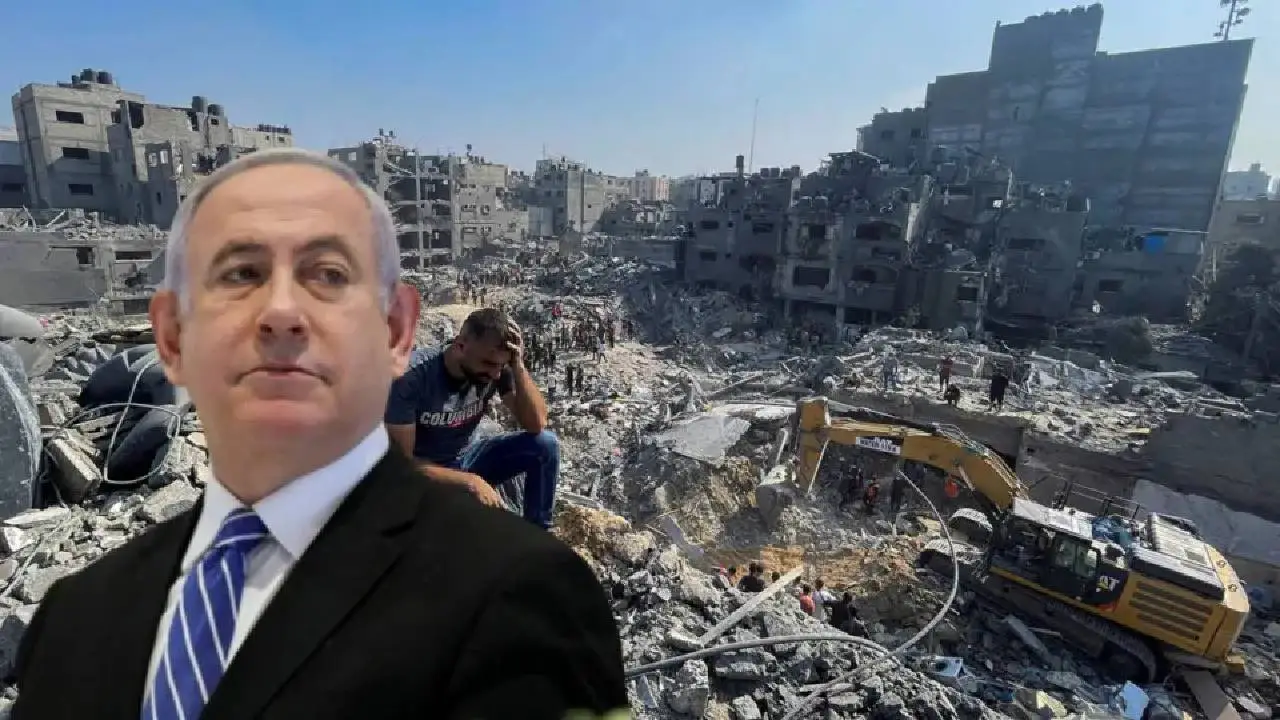
Israel-Gaza War
International News: Gaza is bleeding once more. On Friday, Israeli airstrikes tore through the besieged strip, leaving behind 108 bodies—most of them women and children. The explosions shook the sky, while screams echoed through hospital corridors. From Khan Younis to Deir al-Balah, death loomed large. The Israeli military claimed to have hit 150 "terror targets" in Gaza, including rocket launch sites, underground tunnels, and militant hideouts. However, civilians paid the price. Local sources reported entire families being wiped out. Hospitals overflowed with wounded, mostly toddlers and infants.
Black smoke curled over shattered buildings. Families fled with only what they could carry—many without shoes, most without hope. Israeli government spokesman David Menser stated clearly: this operation is not just about defense. “We will bring the hostages back and ensure Hamas no longer holds power in Gaza,” he said, outlining a long-term military strategy rather than a temporary campaign.
Amid the chaos, families of Israeli hostages are urging U.S. President Donald Trump to seize the moment. They see his Gulf tour as a strategic opportunity to pressure regional allies and secure the release of their loved ones. But Trump’s silence on Israel during his visit is raising eyebrows. On Friday, airstrikes hit Yemen’s Hodeida and Salif ports. Israel claims these ports are being used to funnel arms to terror networks. It has also issued a warning: further Houthi aggression could lead to direct strikes on their leadership.
What began as a Gaza conflict is now expanding. From Yemen to Tel Aviv, the fault lines are deepening. The civilians, especially women and children, are the ones paying the price—with blood and broken futures. As the violence spills across borders, international diplomacy appears too slow, too cautious. But the ground reality is clear: if leaders don’t act now, the Middle East could face a regional wildfire—one that no side may be able to control.





Copyright © 2026 Top Indian News
